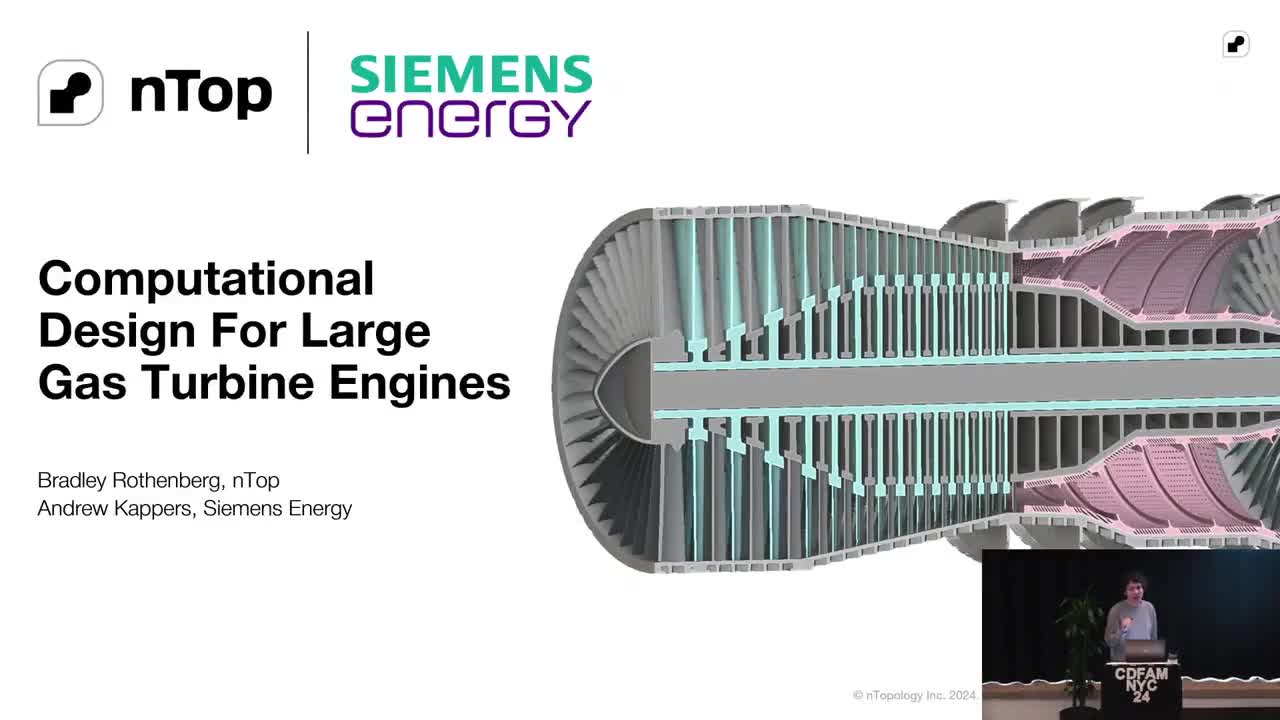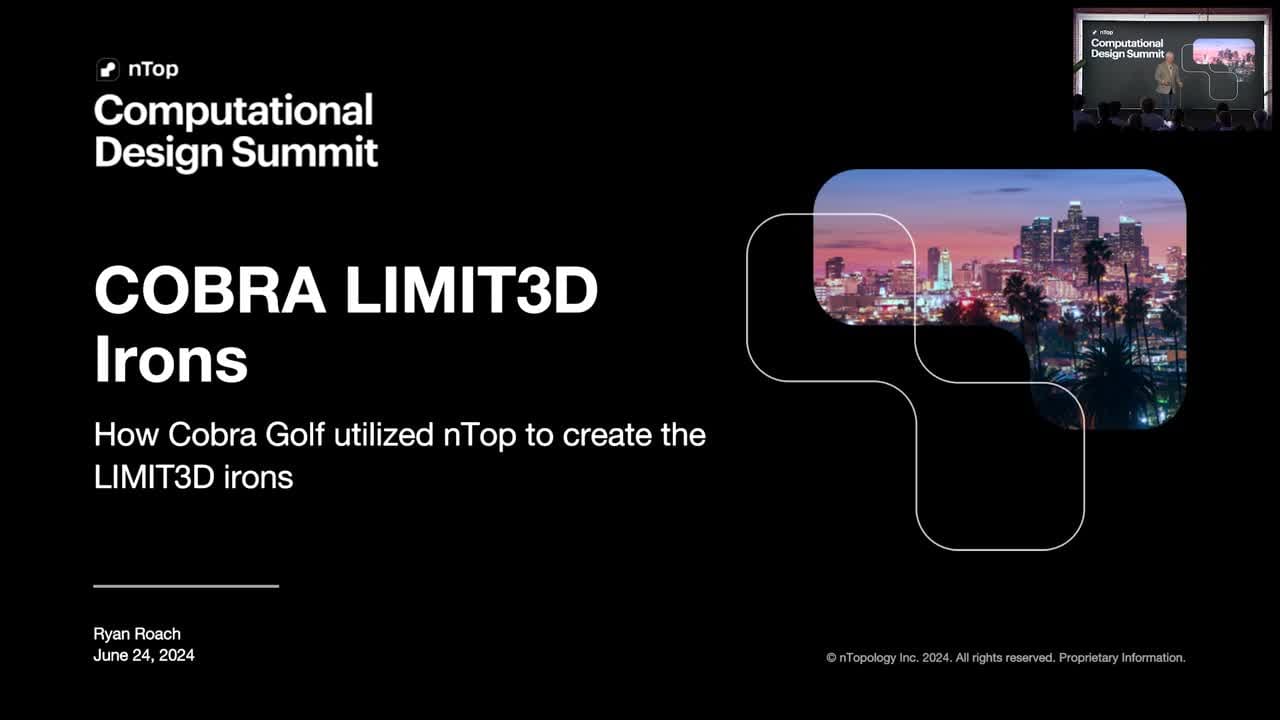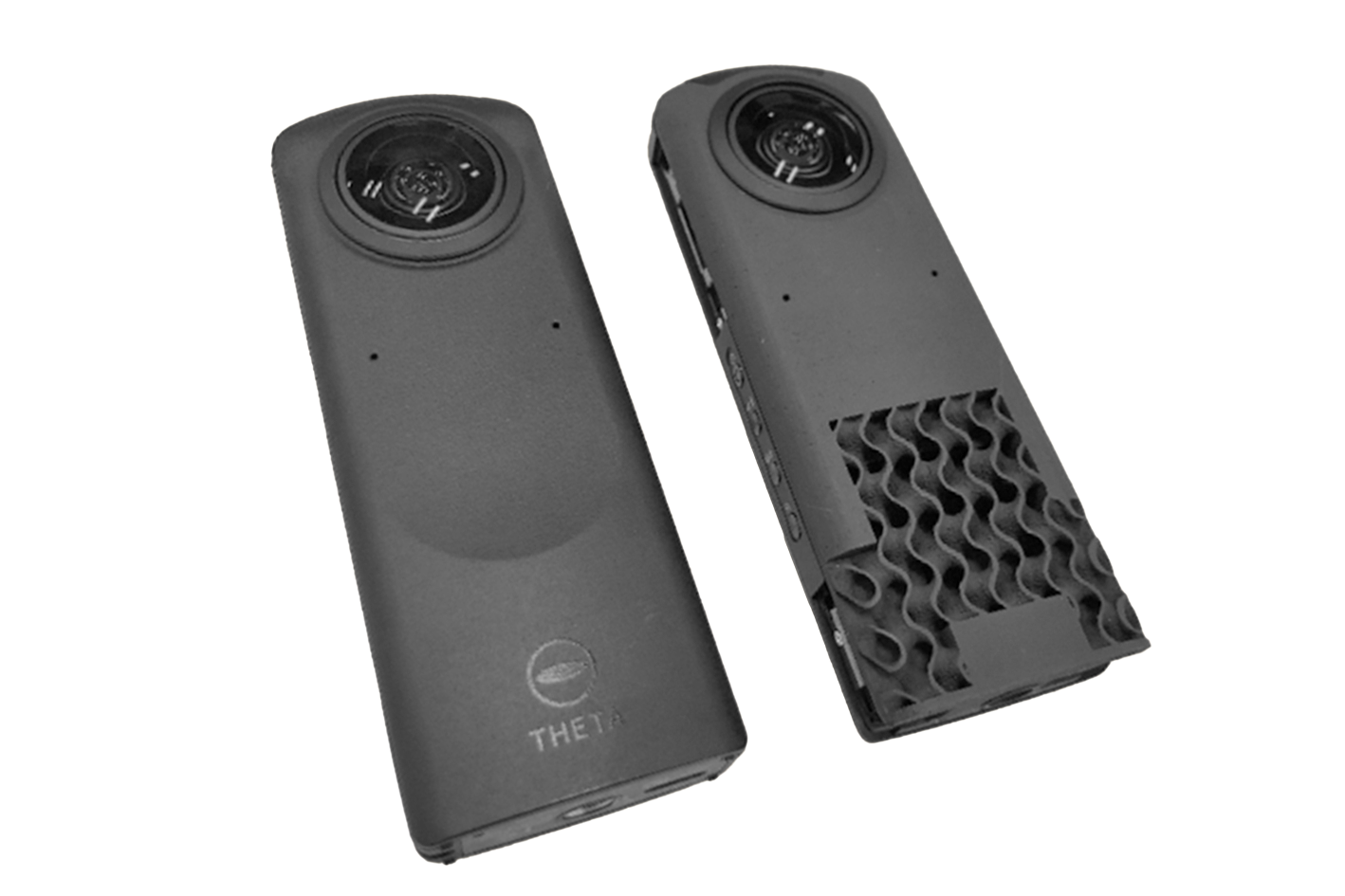Blending form and function: Designing an origami drink insulator for additive manufacturing
Written by Avid Product Development, A Lubrizol Company
Published on October 28, 2020
Additive manufacturing (AM or 3D printing) has made design-driven production a reality. Any shape that can be constructed in a 3D CAD program can be produced with AM, providing product designers maximum geometric design freedom to realize new design concepts.
With additive manufacturing, the boundaries of design are no longer limited to the manufacturing process determining the intricacy of a product. Designers now have the ability to create complex products with intricate geometries, undercuts, hollow cavities, or lattice structures that were typically impossible to produce using conventional manufacturing methods like milling or CNC machining.

Learn more about this beverage insulator in this webinar.
The benefits of additive manufacturing extend past concept ideation to prototype and production. Traditional prototyping processes usually involved custom tooling, coordination with multiple external suppliers, and several handoffs that can introduce delays, miscommunication and increased risk. 3D printing enables seamless and rapid prototype creation by providing an extended ability to identify and minimize design flaws early in the design process. By allowing a designer to print directly from a digital file, additively manufactured prototypes are a more efficient and effective way to test form and function. Utilizing additive manufacturing in the development process can also significantly minimize rework efforts and delays caused by multiple design iterations and tooling changes. Additive manufacturing can even eliminate the need to create molds, tooling, and patterns to design machine parts for prototypes and final production.
With a broad range of material capabilities, AM can be utilized for pre-production or final part production as well. Where the first 3D printers were limited to prototypes made of simple plastics—suitable for testing form and fit but not function—today's commercial 3D printing systems can print a wide range of engineering-grade polymers, unlocking a wide array of possibilities for both product development and manufacturing.
For example, commercial grade thermoplastic polyurethane (TPU), like Lubrizol ESTANE® 3D TPU M95A, delivers value to designers and end users by providing a material that can range from being as soft as rubber to as firm as solid plastic. Lubrizol’s ESTANE® 3D TPU M95A is ideal for a variety of footwear, sporting goods, and other consumer product applications requiring durable and flexible components with high abrasion and tear resistance.
A compelling look and feel is also an important element of successful industrial design. In addition to their mechanical properties and performance, elastomer lattice structures appeal to both product designers and end-users by showcasing the aesthetics of intricate geometries and providing a fresh way to physically interact with products. This is where designing for additive manufacturing with nTop excels; facilitating the creation of lightweight parts or products with lattices, functional textures, and visually appealing surfaces.

Industrial design firms typically focus on the creative act of determining and designing a product’s form and features, often overlooking the real-world constraints of function, reliability, cost, and manufacturing during the conceptual design stage. When these limitations are finally considered, the rework required invariably results in longer development times, higher production costs, a compromised design, and even disappointed end-users. Taking a design for additive manufacturing (DfAM) approach to industrial design incorporates key mechanical requirements and production constraints throughout the design process- ensuring the resulting product realizes its desired function and form.
Avid Product Development, A Lubrizol Company
With an emphasis on lasting relationships and continual improvement, Avid Product Development is committed to providing quality engineering and additive manufacturing solutions that support the long-term growth and sustainability of our clients and employees. Founded and operated by mechanical engineers since 2012, supplying end-to-end solutions is part of our DNA. By leveraging our expertise and technology, we supply the quality reassurance, design feedback, and other vital resources necessary to successfully complete your project on time and within budget.




